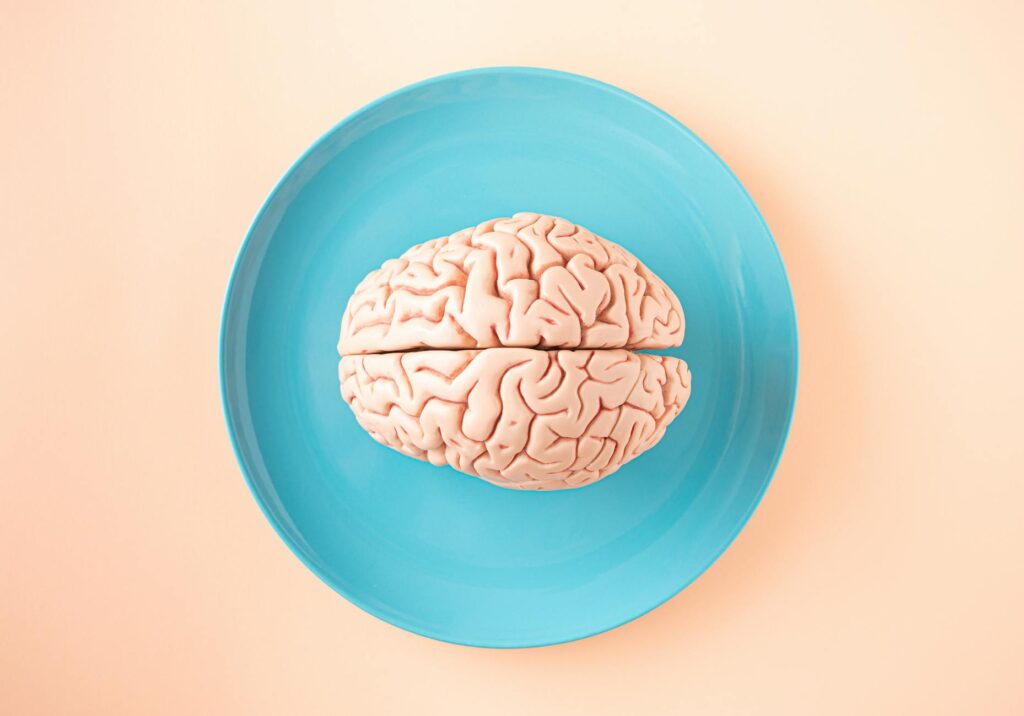What is cognitive overload?

What is cognitive overload?
In our fast-paced world, information constantly bombards us. From the incessant notifications on our devices to the overwhelming influx of data at work, it’s no wonder many of us experience cognitive overload. But what exactly is cognitive overload, and how does it affect our productivity and learning? Understanding this concept is essential for improving our mental well-being and enhancing our work efficiency.

Photo by Amel Uzunovic
Understanding Cognitive Overload
Cognitive overload occurs when our brain is overwhelmed by the amount of information it has to process. This state can result from excessive information, too many tasks at once, or even complex instructions that require significant mental effort. When cognitive overload happens, our ability to think, analyze, and make decisions is significantly impaired. In simpler terms, it can feel like trying to juggle too many balls at once—the more you try to manage, the more likely you are to drop one or more.
Cognitive Load Theory
To truly grasp cognitive overload, we must look at Cognitive Load Theory (CLT), developed by John Sweller. This theory explains how our memory capacity is limited and how this limitation impacts learning. According to CLT, there are three types of cognitive load: intrinsic, extraneous, and germane.
Types of Cognitive Load
-
Intrinsic Cognitive Load
This refers to the inherent difficulty of the material being learned. For example, learning a complex mathematical concept naturally requires more mental resources than learning simple addition. -
Extraneous Cognitive Load
This type stems from the way information is presented. If instructional materials are poorly designed, the additional effort required to understand them can lead to cognitive overload. For instance, a cluttered presentation with too many graphics can distract from the core message. -
Germane Cognitive Load
Germane load is beneficial; it relates to the mental effort required to process and understand new information. When learners are engaged and focused, this load can enhance learning and memory retention.
Causes of Cognitive Overload
Several factors contribute to cognitive overload, particularly in educational and professional settings. Recognizing these causes is crucial for addressing the problem effectively.
Information Overload
In today’s digital age, we often encounter information overload. The sheer volume of data available can be staggering, leading to confusion and indecision. For instance, when researching a topic, the endless articles, videos, and opinions can paralyze our ability to make informed choices. This phenomenon is well-documented, and resources like Mayo Clinic Health System delve into how to counteract this overwhelming experience.
Multitasking and Distractions
Another significant contributor to cognitive overload is multitasking. While many believe they can handle several tasks at once, research shows that shifting attention between tasks can reduce efficiency and increase mental fatigue. Constant distractions, such as notifications from our smartphones, further exacerbate this issue. For example, when working on a crucial project, interruptions can derail focus and lead to mistakes, making the work more challenging and time-consuming.
Effects of Cognitive Overload
The repercussions of cognitive overload can manifest in both short and long-term ways, impacting productivity, learning, and even mental health.
Impact on Productivity
Cognitive overload directly affects productivity. When our brains are overwhelmed, our decision-making capabilities diminish. Tasks that would typically take a few minutes can stretch into hours, leading to frustration and decreased job satisfaction. Ultimately, this inefficiency can hinder both personal and team performance.
Effect on Learning and Retention
Similarly, cognitive overload can severely impair learning and information retention. When students are inundated with excessive information, they are less likely to absorb and understand the material. This issue is particularly pertinent in educational settings where effective learning strategies are essential. Engaging with resources that discuss cognitive overload’s impact on learning, such as Cognitive Load Theory, can provide valuable insights and solutions.
Strategies to Mitigate Cognitive Overload
Fortunately, there are practical strategies to alleviate cognitive overload in our daily lives. Implementing these techniques can help improve focus, productivity, and overall well-being.
Prioritization and Time Management
One effective method is prioritization. Start by identifying your tasks based on urgency and importance. This approach allows you to focus on what truly matters, reducing the mental load caused by trying to tackle everything at once. Tools like to-do lists or priority matrices can help streamline your workflow.
Mindfulness and Breaks
Incorporating mindfulness practices into your routine can also combat cognitive overload. Mindfulness involves being present and fully engaged in the moment, which can help clear the mental clutter. Additionally, taking regular breaks allows your mind to rest and recharge, enabling you to return to tasks with renewed focus. Techniques such as the Pomodoro Technique, where you work for 25 minutes and then take a 5-minute break, can enhance productivity and reduce stress.
Conclusion
Cognitive overload is a prevalent challenge in our information-saturated world. By understanding its causes and effects, we can implement practical strategies to manage and mitigate its impact. Emphasizing prioritization, mindfulness, and effective time management can lead to improved productivity and learning outcomes. As we navigate our busy lives, recognizing the signs of cognitive overload can empower us to take control of our mental well-being and enhance our efficiency. So why not start today? Your brain will thank you for it.